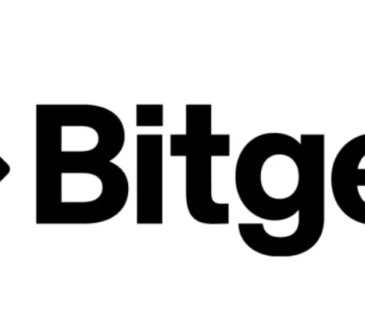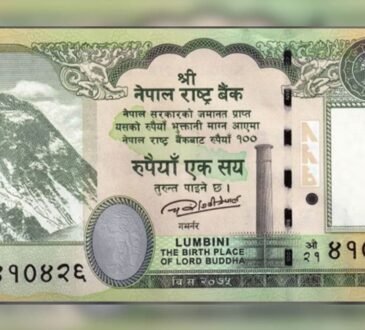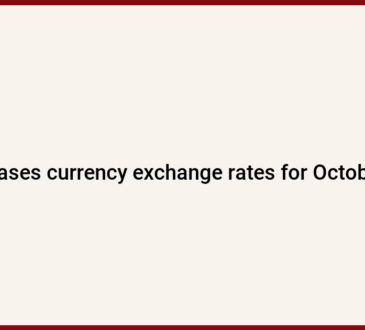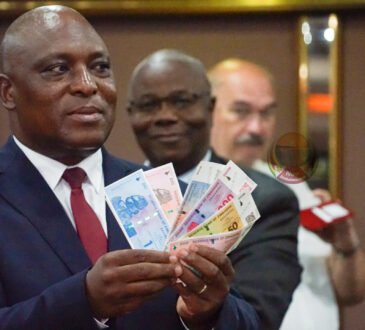The Central Bank of Kenya’s (CBK) decision to engage an undisclosed German company to print new currency notes has sparked significant debate and concern amid calls for austerity.
This move, which will affect the Sh50, Sh100, Sh200, Sh500, and Sh1,000 notes, introduces new notes bearing the signatures of the CBK governor and the Treasury principal secretary.
While CBK can print new currency notes when it deems it fit, the decision to work with an undisclosed company raises legitimate concerns about transparency, timing, and economic priorities.
The decision follows the exit last year of the British firm De La Rue, which held the contract for printing Kenya’s currency.
The secrecy surrounding the new printing contract raises several questions about the transparency and timing of this development. Furthermore, the claim that the printing is urgent because the current notes are getting old and may result in a stockout by July is unconvincing, as the old notes were printed recently.
With Kenya facing financial constraints and the government implementing austerity measures to manage debt and fiscal deficits, introducing a multibillion-shilling currency printing initiative seems misaligned with the government’s immediate economic priorities. It is only fair for officials to prioritise initiatives that directly address pressing economic challenges, such as stimulating growth, creating jobs, and reducing poverty.
One of the primary concerns is the lack of transparency in the selection of the new currency printer as Kenyans are demanding public participation in major deals. While CBK Governor Kamau Thugge indicated that a German company had been engaged, he did not disclose the firm’s name. This omission raises red flags, especially considering the magnitude and financial implications of such contracts. The public has a right to know the identity of the company responsible for producing their national currency, given the potential impact on the economy and public trust.
The absence of public involvement in significant monetary changes undermines democratic principles and transparency. Seeking citizens’s views not only ensures accountability but also helps build public trust in financial institutions and government decisions.
While currency updates are sometimes necessary, the process should be conducted openly and inclusively, with a clear focus on the nation’s immediate needs and long-term stability.





